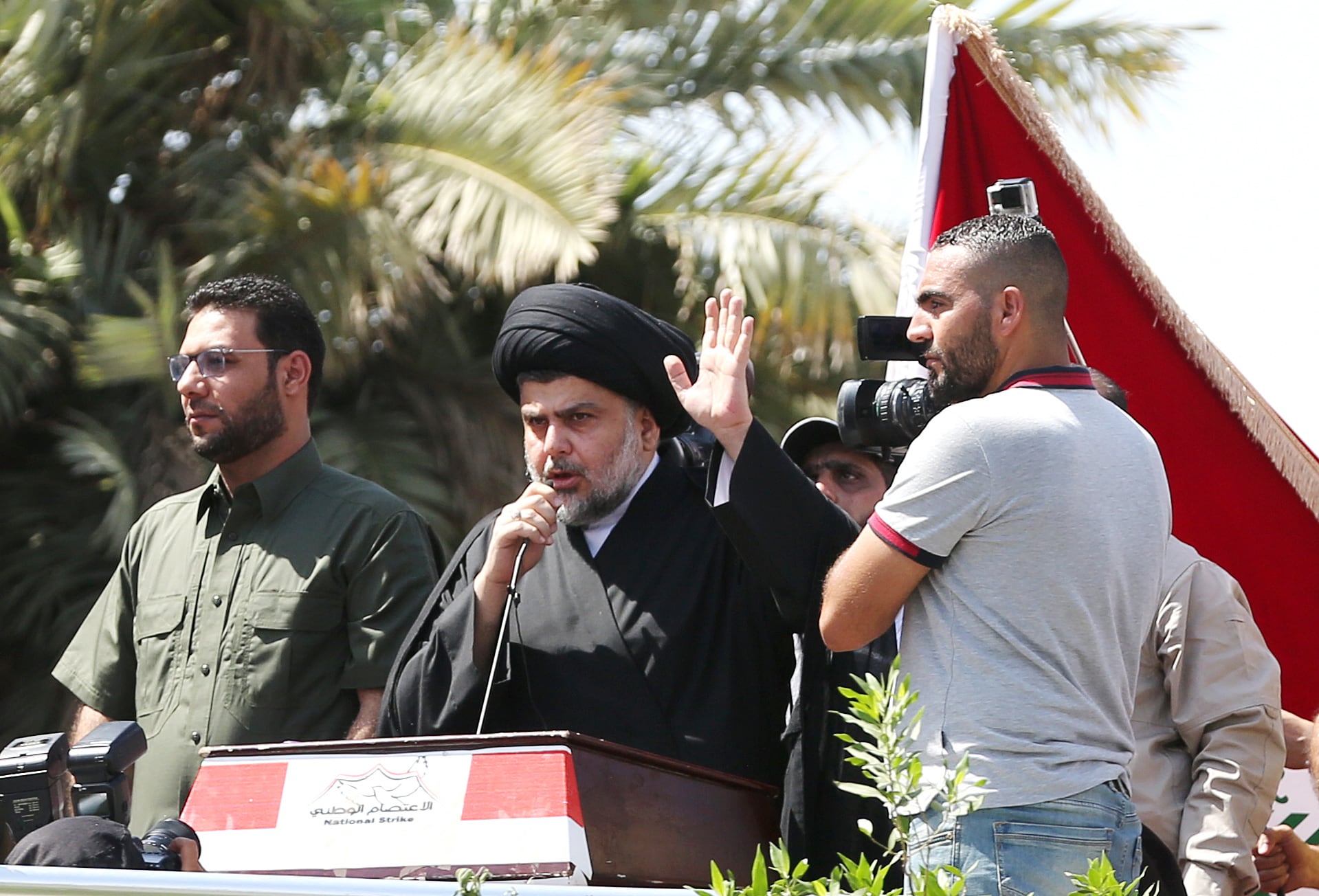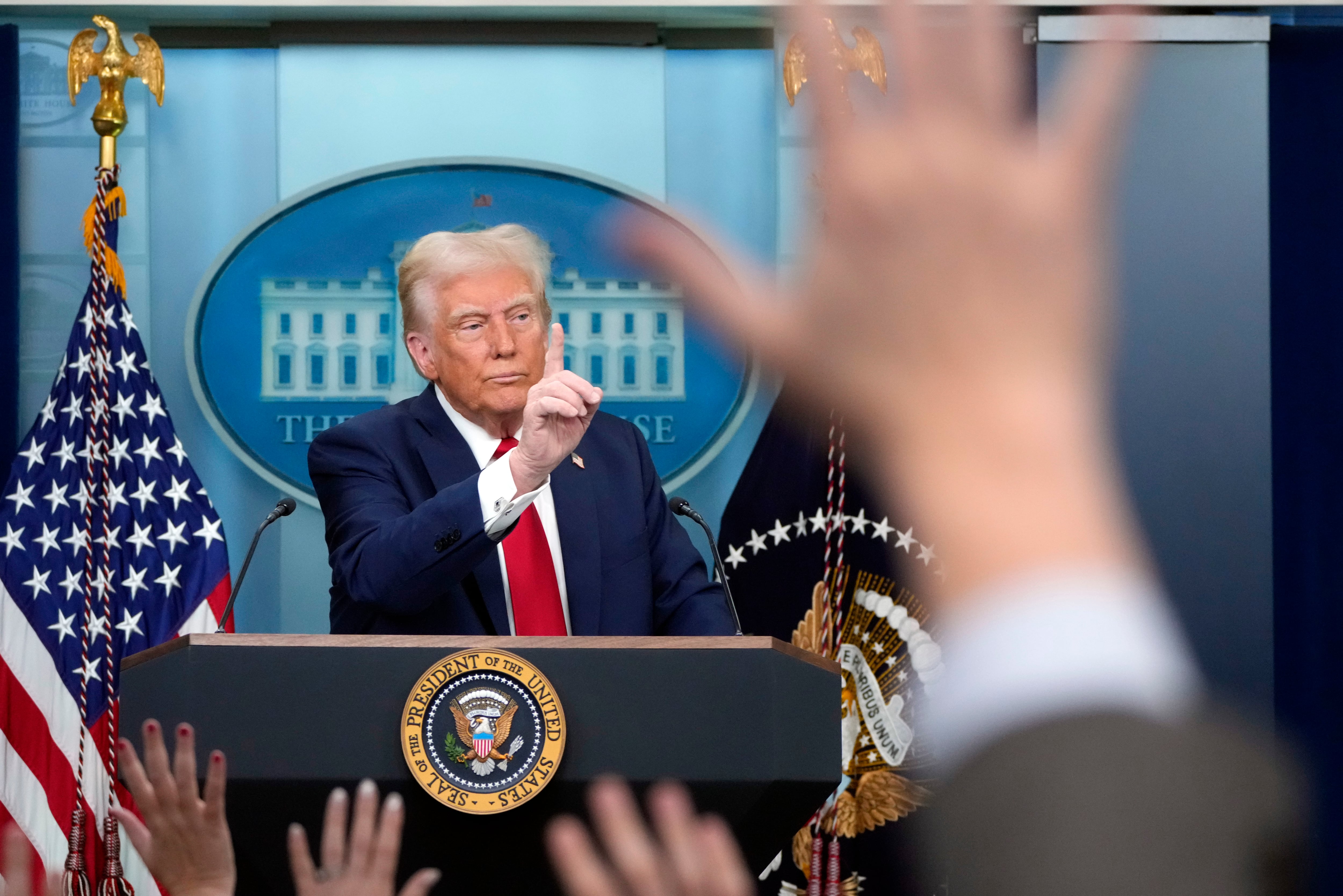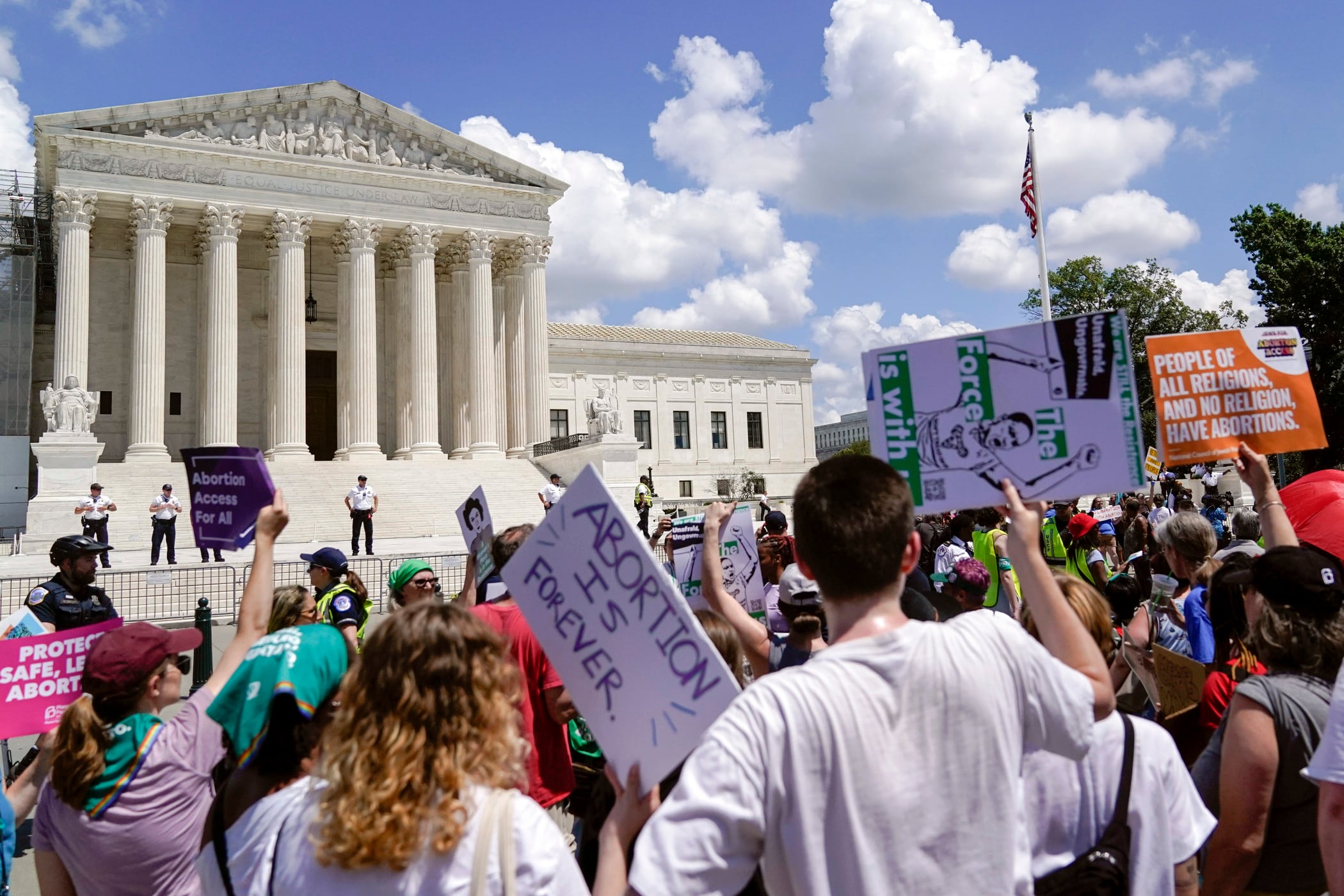For the first time in years, the Iraqi Shiite cleric Muqtada al Sadr and his Shiite militia are unleashing fiery anti-American rhetoric and threatening to attack U.S. troops.
But top U.S. military officials have downplayed his the remarks, saying that and said for now there’s no cause for concern.
Sadr, who rose to prominence when his Mahdi Army battled U.S. troops in Iraq after the 2003 invasion. He has quietly tolerated the comparatively small U.S. military force there now supporting the war on Islamic State extremists in Iraq for most of the past two years. But the powerful cleric became confrontational again after Defense Secretary Ash Carter announced plans on July 11 to send an additional 560 U.S. troops to Iraq, bringing the total there to more than 4,600 American service members.
"They are a target for us," Sadr said in a post on his official website on July 17.
A few days later, an official spokesman for Sadr's militia, Alaa Abboud, echoed the threat.
"We are thirsty for Americans' blood," Abboud told a prominent Iraqi television news channel.
Any attacks by from Sadr's militia would fundamentally change the Pentagon’s view of its mission in Iraq to defeat the Sunni-led Islamic State group, also known as ISIS or ISIL. If the U.S. forces were faced with a violent enemy inside Iraq’s Shiite-controlled territory, where many American of today's troops are based, the heightened risk to them troops would soar and could prompt senior commanders U.S. leaders to change rethink their strategy or bring some troops home.
So But so far, Sadr's followers have not acted on his followed up the rhetoric and threats with action.
Army Col. Chris Garver, a Defense Department spokesman in Baghdad, acknowledged Sadr's tonal the shift, noting in tone from Sadr and his followers and noted that combative comments target other members of the American-led coalition. But that’s all, for now, he said.
"We haven't seen anything other than the rhetoric. ... We haven't seen anything physically in terms of upticks of threats against an American or any coalition" members, Garver told reporters earlier this week July 27.
Pentagon spokesman Peter Cook said the apparent shift in Sadr's shift rhetoric is worrying, but troops in Iraq are well protected.
"Anytime we have people threatening U.S. forces, that is a concern. But we feel confident in the security measures we've put in place," Cook said Friday.
Sadr extended his threats to include British troops after British defense minister Michael Fallon’s July 20th announcement that the United Kingdom would double the number of troops deployed to Iraq to 500.
The comments from Sadr’s camp may be an attempt to draw domestic political support from fellow the Iraqis, many of whom oppose the U.S. military presence there, said Joel Wing, an Iraq analyst who publishes the blog Musings on Iraq.
"Sadr has been pushing Iraqi nationalism in his current political battles and making the comments about the U.S. being targets is part of that," Wing told Military Times recently. "Overall, think it was just a political comment to score some points rather than a real threat".
Andrew Tilghman is the executive editor for Military Times. He is a former Military Times Pentagon reporter and served as a Middle East correspondent for the Stars and Stripes. Before covering the military, he worked as a reporter for the Houston Chronicle in Texas, the Albany Times Union in New York and The Associated Press in Milwaukee.





